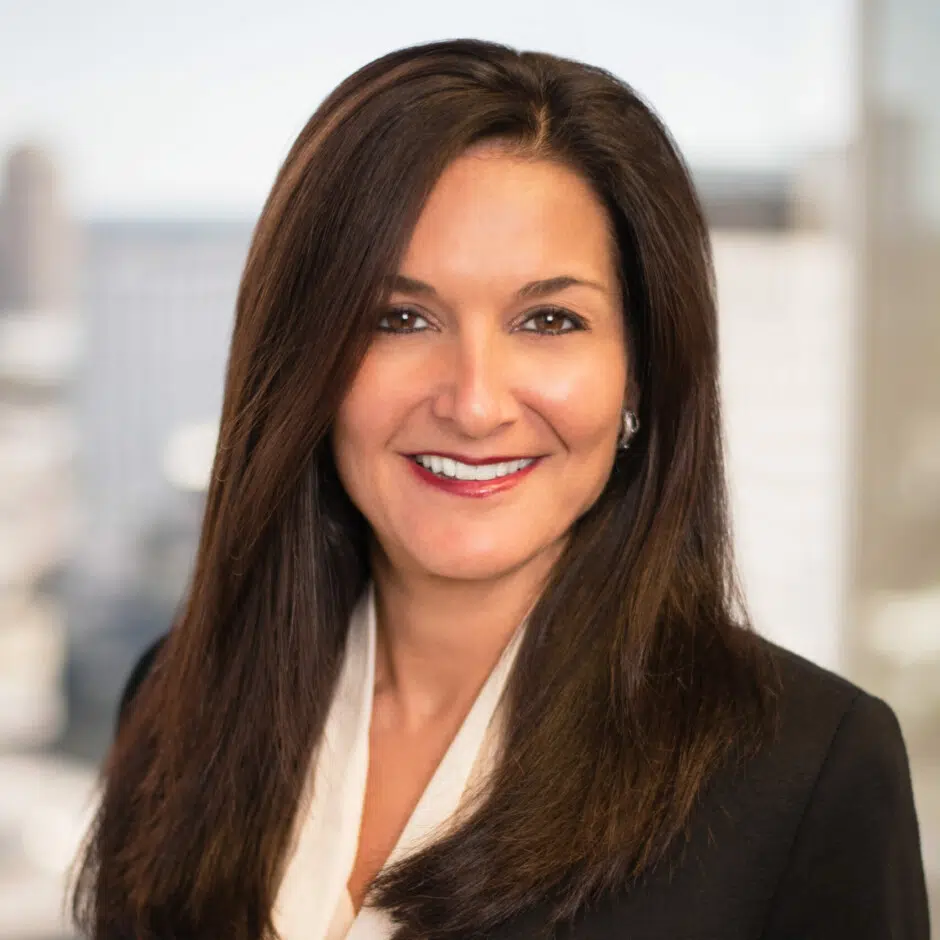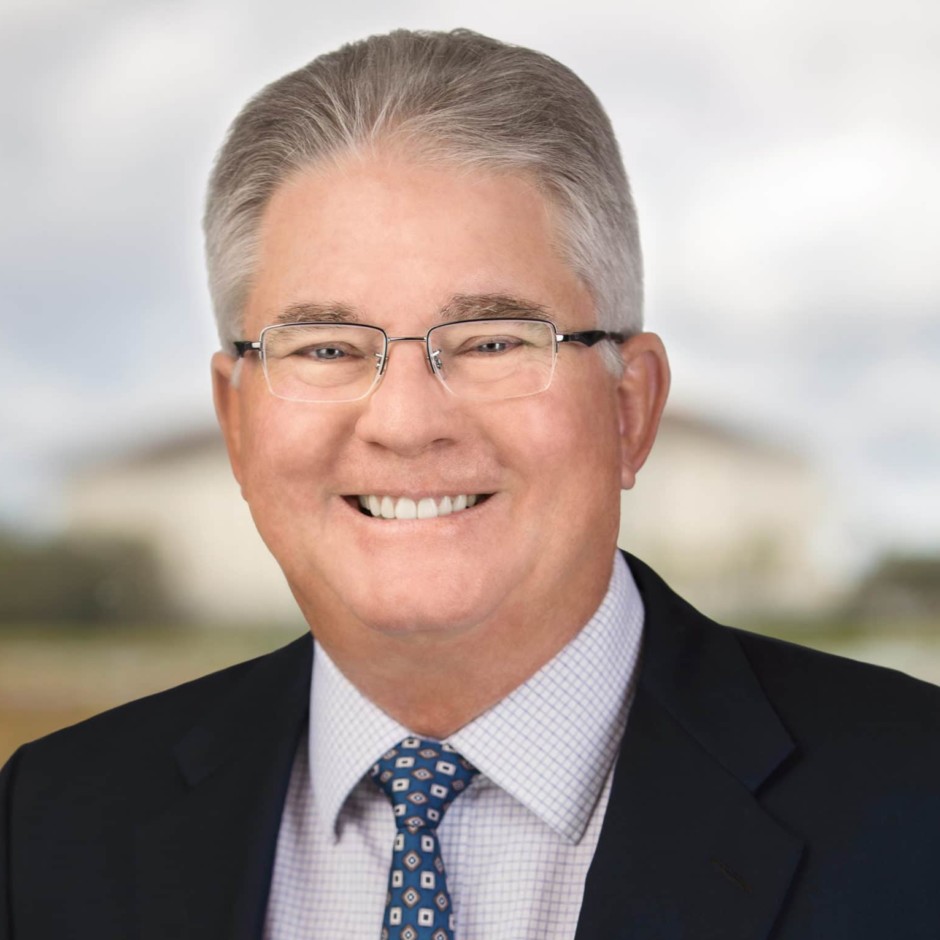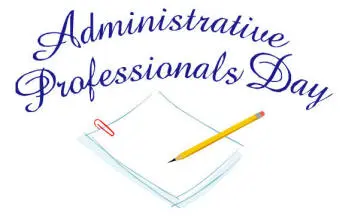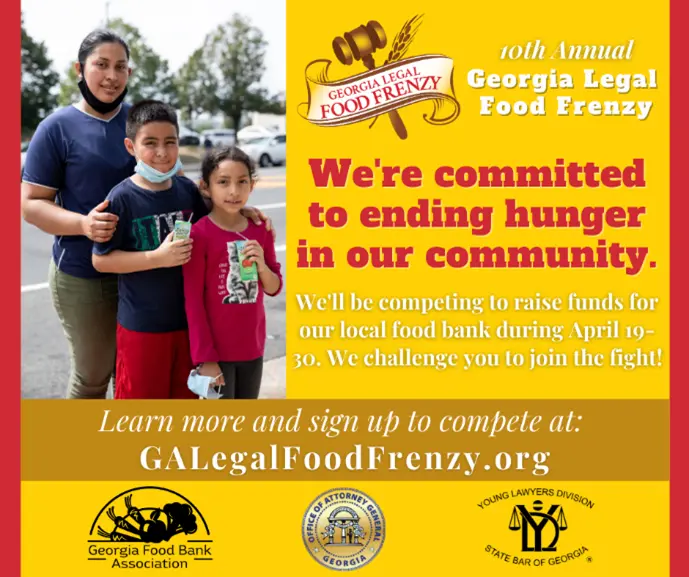Goodman McGuffey LLP
J.D. Holt
April 20, 2021
As everyone is keenly aware, COVID-19 has significantly impacted the lives of everyone throughout the World. In addition to the obvious health and safety concerns, businesses were also forced to weigh the cost of shutting down compared to the potential liability of a patron being exposed to the virus while on the premises. Likewise, healthcare providers faced potential liability for exposing other patients to the virus. To address these concerns, Georgia signed into law Senate Bill 359 which is titled the “Georgia COVID-19 Pandemic Business Safety Act” (“the Act”). Georgia is one of many states that have enacted this type of legislature.
Under the Act, healthcare facilities and providers, and other businesses, including businesses that manufacture and distribute personal protective equipment (PPE), against liability for damages involving a COVID-19 liability claim. The Act broadly defined a “COVID-19 liability claim” to cover the transmission, infection, exposure, and even the potential exposure to the virus at any healthcare facility or on the premises of any entity. The term “Entity” is also broadly defined so that it encompasses most any business. The only exceptions to the liability shield are for businesses or providers who are found guilty of “willful and wanton misconduct, reckless infliction of harm, or intentional infliction of harm.”[1]
To protect these businesses and healthcare providers from liability, the Act created a rebuttable presumption that a claimant assumed the risk of contracting COVID unless one of the exemptions applied. To create this rebuttable presumption of assumption of the risk, an entity must have either: (1) issued the claimant a receipt or proof of purchase for entry to the premises, on wristbands or tickets to special events, that included a statutorily-mandated warning statement;[2] or (2) posted a sign at the premises’ entrance with statutorily-prescribed language.[3] When it was originally enacted in 2020, it was unclear how long the fallout from the pandemic would last, so a sunset provision was included that extended this protection to any causes of actions accruing until July 14, 2021. Although vaccinations have been more widespread and public sentiment is showing more optimism about a return to normalcy, concerns remain about the variants of the virus and the effectiveness of the vaccines. These concerns appear warranted given the uptick in cases in certain areas of the country as businesses, schools, etc. have loosened their restrictions. Consequently, Sen. Brian Strickland, R-McDonough, presented House Bill 112, which was sponsored by House Majority Whip Trey Kelley, R-Cedartown, in February 2021 which is designed to extend the sunset provision of the Act from July 14, 2021 to July 14, 2022. There are no other changes to the Act made by this Bill. Although there was opposition, the Bill passed a House vote 99-68. On March 17, 2021, the Senate also passed the Bill by a vote of 36-17.
Since passing both the House and Senate, the Bill has now been sent to Governor Brian Kemp for his review and consideration. Governor Kemp has until April 27, 2021 to sign or veto the legislation. If he takes no action, the Bill will become law.
To access this article written by GM Associate, JD Holt, please click HERE.
[1] An employee is also entitled to bring a workers’ compensation claim or file complaints with OSHA for workplace health and safety concerns.
[2] The warning must be in at least 10-point Ariel font and state “Any person entering the premises waives all civil liability against this premises owner and operator for any injuries caused by the inherent risk associated with contracting COVID-19 at public gatherings, except for gross negligence, willful and wanton misconduct, reckless infliction of harm, or intentional infliction of harm, by the individual or entity of the premises.”
[3] The language must be in one-inch Ariel font (72-point Ariel font or greater) and state: “Warning. Under Georgia law, there is no liability for an injury or death of an individual entering these premises if such injury or death results from the inherent risks of contracting COVID-19. You are assuming this risk by entering these premises.”





